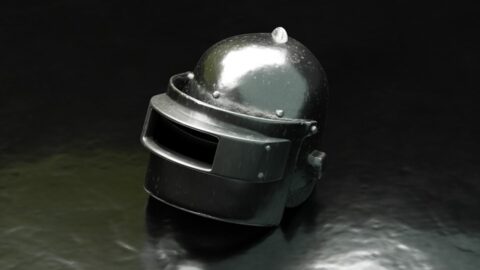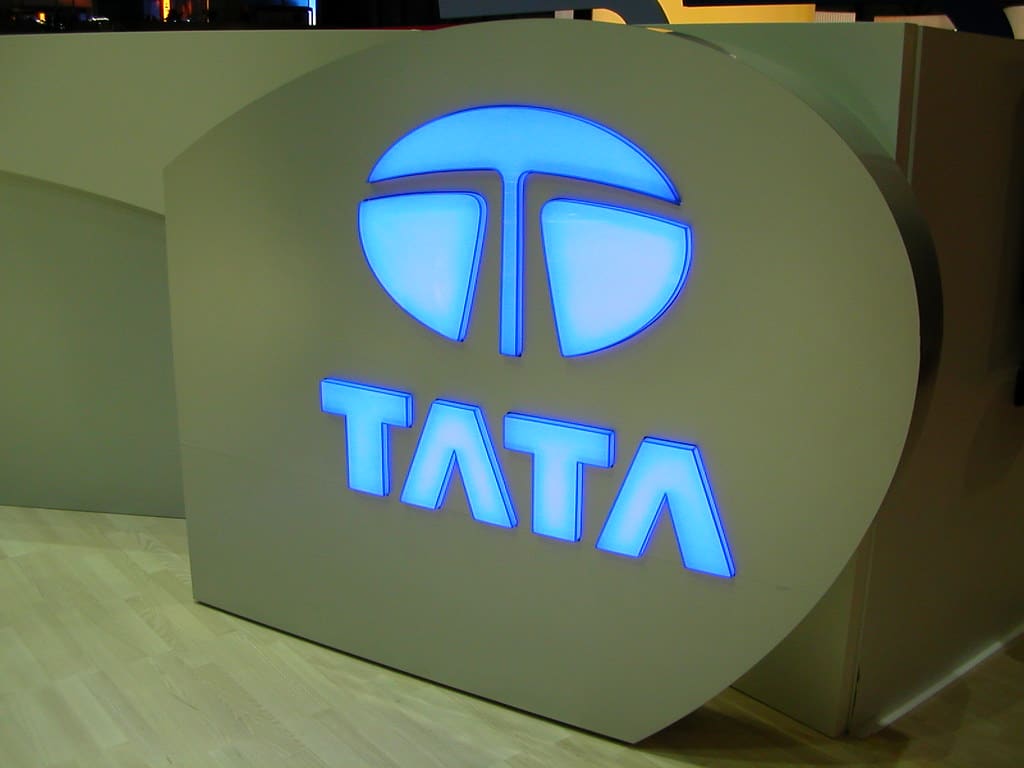The US Food and Drug Administration (FDA) has granted ‘breakthrough device’ status to Neuralink’s experimental speech restoration device, which is aimed at restoring communication in patients with severe neurological conditions. Notably, this status is reserved for medical devices that offer potential treatments for life-threatening or irreversibly debilitating conditions. The status has been granted under newly elected FDA commissioner, Surgeon Martin “Marty” Makary, who vehemently opposed Covid-19 vaccines and has been a Trump favourite.
For Neuralink, receiving this FDA tag simply means the device has the potential to address the related medical conditions and is eligible for faster regulatory support. However, the neurotechnology company (founded by Elon Musk) must still complete clinical trials and obtain full FDA approval before the device can be marketed or used outside of approved studies.
We’ve received Breakthrough Device Designation from the FDA to help restore communication for individuals with severe speech impairment. (1/3) pic.twitter.com/ou5hQoUtvp
— Neuralink (@neuralink) May 1, 2025
According to the company, the speech restoration device is designed to assist individuals suffering from severe speech impairments due to conditions like amyotrophic lateral sclerosis (ALS), strokes, spinal cord injuries, cerebral palsy, multiple sclerosis, and other neurological disorders. Actually, by directly interfacing with the brain, the device attempts to decode neural signals associated with speech, potentially allowing patients to communicate more effectively.
While Neuralink has not disclosed specific timelines for human trials of the device, the company invites individuals who have lost the ability to speak to sign up for its Patient Registry.
In parallel to this latest development, the company recently completed its third human brain-chip implant and announced plans for 20 to 30 more implants in 2025. This follows its first human trials in early 2024, after receiving FDA approval in May 2023. The first recipient (Noland Arbaugh, a 29-year-old quadriplegic) was able to control a computer cursor using neural signals. In August 2024, a second participant, Alex, demonstrated the ability to design 3D objects and play video games after the implant. Additionally, the company also plans to begin human trials for its artificial visual prosthesis – Blindsight – by the end of 2025, as revealed by Musk during a Town Hall in Wisconsin on March 30.
The timing is noteworthy as Musk-owned neural interface technology company is reportedly looking to raise around $500 million in a new funding round, aiming for a pre-money valuation of $8.5 billion. Notably, since its inception in 2016, the company has secured over $680 million across multiple funding rounds. But not everything has been as smooth as it appears for the company. For example, the US Securities and Exchange Commission (SEC) reopened an investigation into the company in December 2024, focusing on safety claims related to its brain chip technology. The investigation is still ongoing and has not yet been settled.
Meanwhile, the company’s prominent rival, Precision Neuroscience, also received ‘Breakthrough Device’ designation from the US Food and Drug Administration for its brain-computer interface (BCI) system.
Content originally published on The Tech Media – Global technology news, latest gadget news and breaking tech news.






